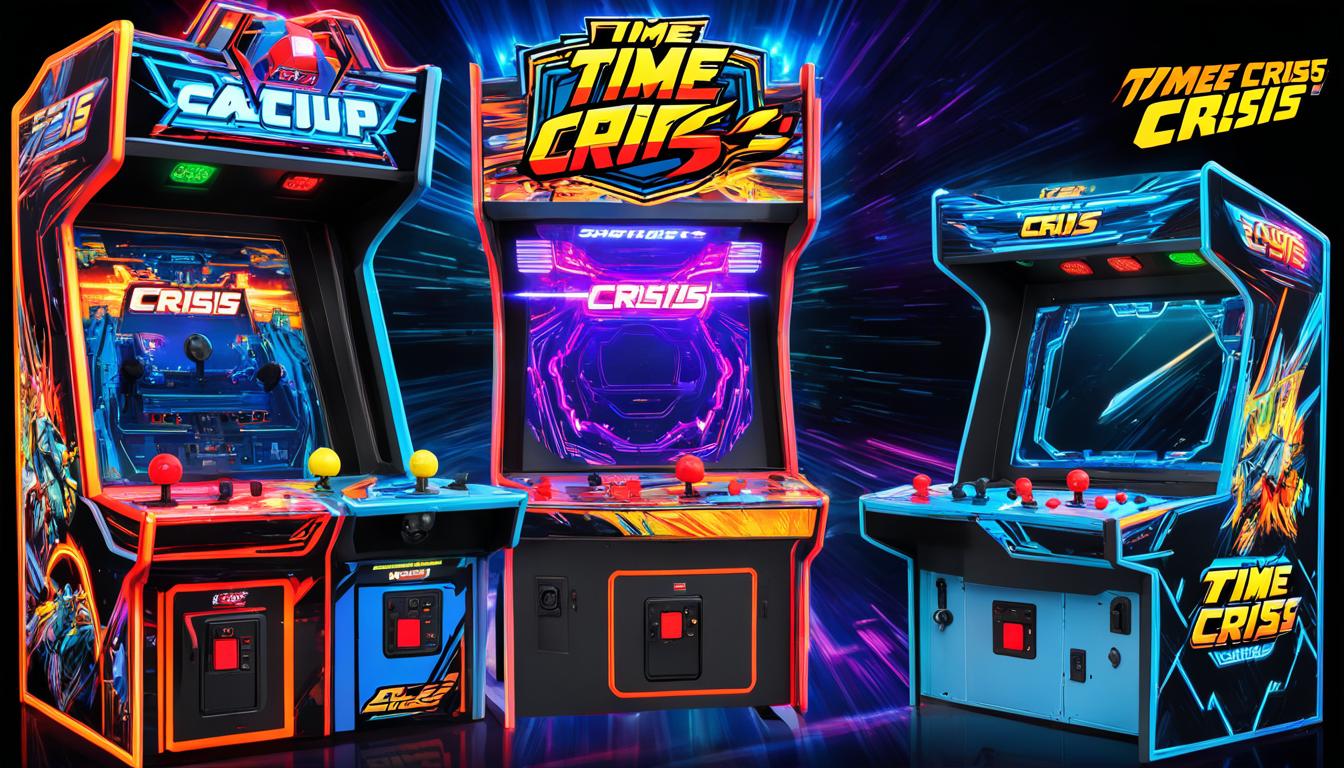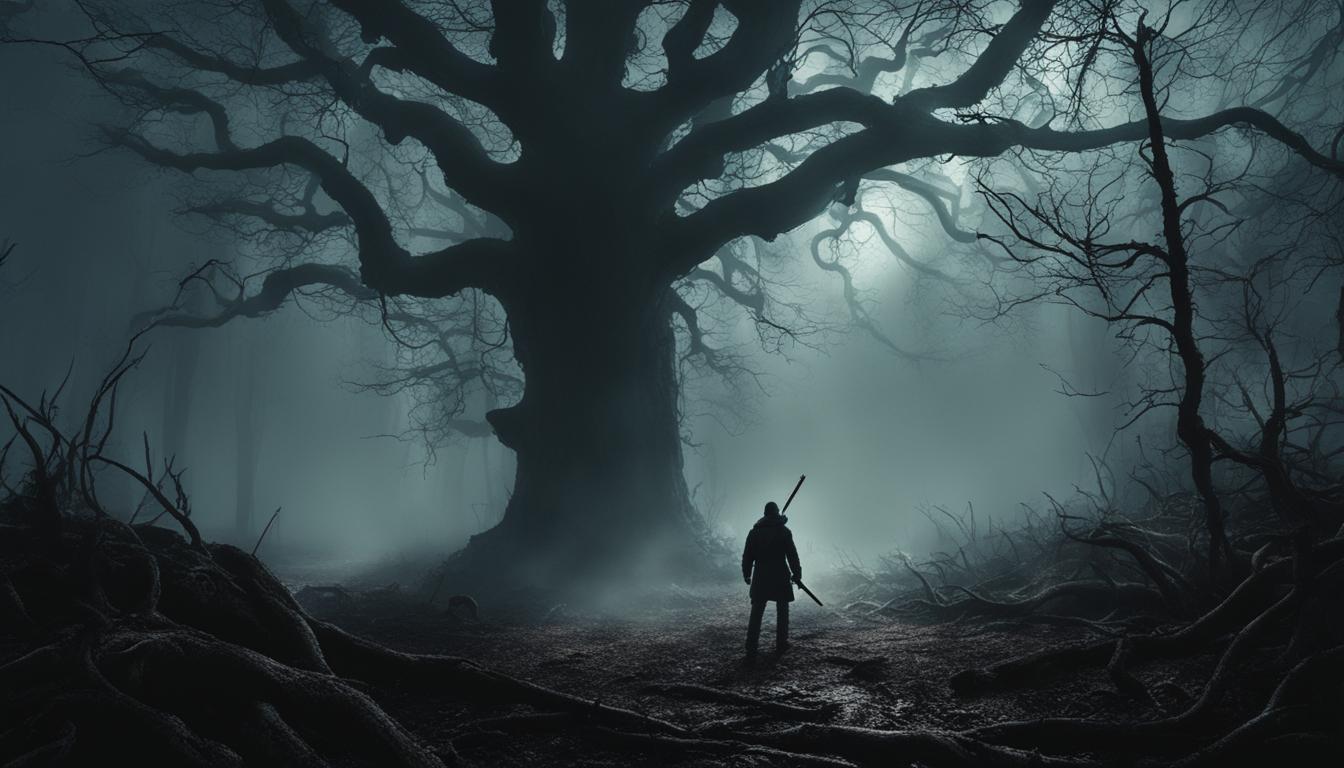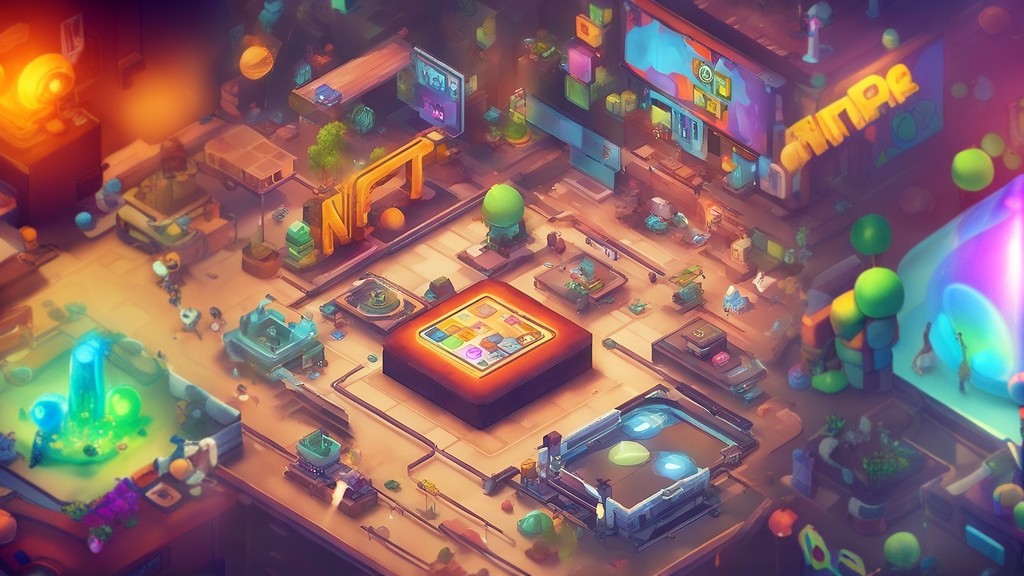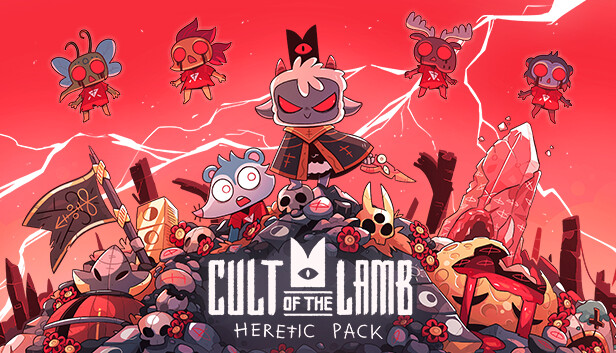Inevitably this article will draw the ire of Ghost of Tsushima‘s most ardent admirers. There is no escaping that fate, so let us prelude this article with some answers to inevitable criticisms.
As for the game itself, I view it as okay. In the beginning, I was rather enamored with it, but never to the point of surrendering critical capacities to rationally appreciate the experience. Or in layman terms, I appreciated and loved it for what it was without elevating it beyond such a point.
Further into the game, while the combat remains smooth and enjoyable for the most part, the illusion that the missions had any impact on the state of the world evaporated. The world simply isn’t alive, nor does it dynamically respond to your actions, yet despite this, I found myself okay with what the game was—a playground with guided experiences scattered about.
Two objections began to persist throughout the experience. The most prevalent of the two was the sporadic failure of the game’s mechanics. Most often occurring during duels, this resulted in innumerable deaths and frustration to the point duels lost a lot of their enjoyment. Setting aside the natural displeasure at having all the ghost mechanics of the game removed to facilitate the mechanic. Pro tip if you haven’t played yet, invest in the move sets, not ghost powers starting out, and duels become manageable.
Secondly and more to the point of this article, this persistent issue that this wasn’t ancient Japan. Women are often stoic but do not occupy their cohesive traditional roles during most of the game. Men are seen crying, not defending their homesteads, or even acting like men would be expected to act according to tradition.
Even a brief understanding of these traditional norms gives any viewer of history a beautiful picture of ancient societies. In their place and this is getting to the point a bit early, it is a facsimile of what is traditionally portrayed as medieval European society—no gendered roles, no strata of cultures, education, and classes. Just a pointless drifting sea of NPCs without any lived reality in the world they occupy.
That isn’t to say the game doesn’t have a decent story, moment to moment. It does, and at times it is very emotionally driven. Not perfect by any measure, it does have you care for the characters until it interjects intersectionality into the mix. Be it by having women and men be indistinguishable from one another to ugly female characters, but very attractive male characters, or LGTB storylines.
Next, inevitably I will be accused, as I already have been in other conversations for not liking the game or diminishing its value by saying it is not historically accurate. For me, unless a game advertises itself as historically accurate, I don’t care if it is historically accurate. For the most part anyway. Nor does my enjoyment stem from having a game be historically accurate. Though Kingdom Come was terrific, having every experience confined by a mandated rigid adherence to historic accuracy would suck.
With Ghost of Tsushima, we have two elements to this criticism. Firstly the developers during the game’s unveiling and early advertisement claimed the game was historically accurate, with the exception of a few alterations to allow the story to take place.
Those alterations include having the lord and main character survive the beach assault. Whereas in real life, nobody did, and at first, the Japanese attempted negotiations with the Mongol forces before being forced to fight. The fight also lasted a full day before the Japanese were defeated during their last cavalry charge.
Kublai Khan, the real mastermind behind the invasion, never set foot on the Isle. Nor did any of his extended family. There simply wasn’t much value to it, and their anger was indeed provoked by the Shogun refusing to submit before the Mongols.
Still, these elements allow for a story carried by an intelligent and enigmatic antagonist who does utilize some of the Mongols actual strategies.
Lastly, this complaint does not negate any of the successes of the game or the enjoyment I’ve experienced. I am disappointed, to say the least, with how the game ultimately developed through its course, but it is not a game without merit.
With all that said, I look forward to the criticism that will come from people who did not read this and will inevitably use one of the addressed issues. Without ado, onto the main event. Spoiler warning beyond this point.
During the course of the game, Daisuke Tsuji slowly becomes known as the Ghost by abandoning the old ways that have governed the Samurai for decades. This comes to a head after he poisons the Mongols and kills their commander, his former best friend. For his behavior, his uncle, who is about to adopt him demands he blame the woman who saved his life for the entire affair because the Shogun will demand a head for this act of dishonor. Tsuji refuses, proclaiming he is the Ghost in a triumphant moment where he bucks at tradition in order to save his people. Only for him to be called by the Shogun for judgment for his dishonorable acts.
The only problem, this is absolute hogwash. First and foremost, the game itself refutes this logic by revealing other Samurai clans us poison in a throwaway line when you acquire your poison dart blowgun. Historically speaking, this is accurate. Depending on the clan, some did cover their swords and other weapons with poison or when that wasn’t available literal human shit.
Hey! There are no antibiotics in the 1200s. Enjoy your sepsis.
If brought before the Shogun, by the game’s own logic and actual history, the Shogun would probably congratulate him on killing the traitor and say “fuck the Mongols.” At worse, he’d just order the poisoning stricken from the record, but in either scenario, he’d want to know why his time is being wasted over someone killing Mongols regardless of the means.
Keep very much in mind that at this juncture, the Mongols have already captured several islands and are pushing into the mainland. Tsuji proudly states that honor died with the Mongols when defending his actions. What makes this statement very relevant is he’s not lying or wrong. He’s referring to European honor – which we’ll get to shortly – but he isn’t wrong in his statement.
Famously the first invasion of Japan ended when a surprise hurricane destroyed the Mongol fleet that was anchored offshore. That is the standard rendition of events, but it is not the complete version of the events. Yes, that freak hurricane decimated the fleet, but not enough to destroy the Mongol invasion.
What happened the morning after the storm had passed was the Samurai rowed out to the surviving ships and slaughtered the helpless crew and soldiers who were sleep deprived and mostly unable to fight. Some of them were simply burned alive when their ship was set on fire.
By the time any reinforcements would be able to arrive on Tsushima, this event has to happen, so the Shogun isn’t going to waste his time over someone beheading a Mongol, poisoning others, and killing a traitor. In his view, that would be a job well done, now do it again.
That brings us to the whole issue of the assertion Tusji’s act was dishonorable. Historically, and again by the game’s own logic, his actions are not dishonorable. Well, not in the way they’re alleging. A samurai is a warrior sworn to a lord and, in his fealty, must follow his lord’s commands. Some were less strict with their use of tactics, but others in part by the time the game occurred still clung to olden values.
These values included one on one combat. This is enforced to such a degree that if Ethan saw that I was about to bite it in combat, he would be dishonorable for intervening to save me. Also, if your lord died in battle, you were expected to follow him into the afterlife. Thus if Billy were to bite in because some scrub Mongol 360 no aimed him, it would be dishonorable for me to legendarily solo the entire army. If that sounds stupid to you, that’s because it was. Yes, it helped prevent your vassals from retreating, leaving you on the field by yourself, but often a lord would die in a charge leaving his Samurai alive. If they won, they’d be forbidden from returning unless their lord’s son pardoned them and accepted them as his Samurai.
The latter was codified in law, and failure to uphold it meant you were a criminal that is to be put to death. Some shoguns granted pardons, but after a few hundred years and a growing army of lordless criminal Samurai, this practice was abolished. Samurai were allowed to seek out new lords if their lord fell in battle.
What Tusji’s actual act of dishonor was, was in going against his lord’s command. As stated, if he wants to march you all into a suicide mission, you are marching into a suicide mission. Fortunately, you do not become a lord if you are dumb enough to march into suicide missions. After all, Samurai and lords regularly killed each other over land. So long as the usurper swore allegiance to the Shogun, he, by and large, didn’t care. With the exception of political alliances, of course.
All Tusji’s uncle would have to do is excuse his actions or even take credit for them by claiming he had ordered the attack in secret so no Mongol spy could warn the Khan. The Shogun has no jurisdiction over the issue. It is a matter of a Samurai going against his lord and countermanding him. That is an issue that is entirely resolved in house. To put it simply, the Shogun doesn’t have time for such trivialities.
As for the tactics themselves, Samurai were more known for their use of the bow than they were the sword. Samurai were often mounted units. It wouldn’t be until much later in history that sword warfare became standard practice for Samurai, and even then, their specialty remained the bow and mounted weapons.
Hence why the final battle in the historically accurate accounts was a cavalry attack.
Honor and glory for the Samurai stemmed from single combat and feats of archery. Something you’ll take great notice of no Samurai in the game aside from the beginning engages in. Further, the use of daggers was standard for Samurai, and their swords were not Katana, they were tachi or curved swords that were used in horseback combat—rendering your use of weaponry and tools, not that unusual. Something to bear in mind is aside from your bow, your horse, and your armor, there was no other standard Samurai equipment. You made use of what you were proficient with.
As for poisoning an entire group of Mongols, let’s clear up how much the Shogun or a lord would care with this passage from Samurai Warfare:
Apart from recounting noble individual deeds of archery duels, challenges and single combat, the gunkimono also contain many accounts which show how unheroic much of samurai warfare could be. Many battles were carried out by surprise attacks. These could involve night raids on buildings, setting them on fire, and indiscriminately slaughtering all who ran out: men, women and children alike. Most of the battles described have some element of surprise built in, just to give one side an advantage. In such cases the ends were regarded as justifying the means. Minamoto Tametomo is quoted as saying:
“According to my experience, there is nothing so advantageous in striking down enemies as a night attack … If we set fire to three sides and secure the fourth, those fleeing the flames will be struck down by arrows, and for those who seek to avoid the arrows, there will be no escape from the flame.”
Historically speaking, no one is going to bat an eye at poisoning the enemy army. It is not an act that would be considered dishonorable by the Japanese concept of honor. It is only dishonorable by the European standard of honor where it would be considered a cowardly act. That a lot of people did anyway.
It is disappointing when dealing with a game that is supposed to be historically accurate, not even getting the central concepts that its story rests upon correct. By no means is Ghost of Tsushima historically accurate, so that claim needs to be put to rest where it belongs.
As this article is half impressions, here is a final score: Okay game that is vastly overrated.









